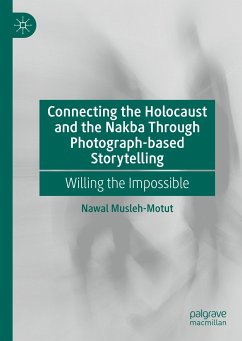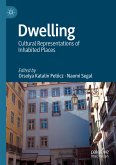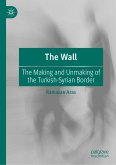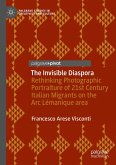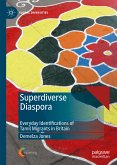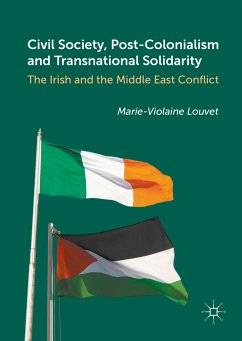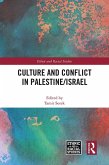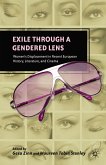This unprecedented ethnographic study introduces a unique photography-based storytelling method that brings together everyday Palestinians and Israelis to begin connecting rather than comparing their distinct yet organically connected histories of suffering and exile resulting from the Holocaust and the Nakba. Working with Palestinians and Israelis living in their respective Canadian diasporas who are of the Holocaust and Nakba postmemory generations-those who did not experience these traumas but are nonetheless haunted by them-this study demonstrates that storytelling and photography enable the occasions and conditions of possibility necessary for willing the impossible. That is, by narrating and then exchanging their (post)memories of the Holocaust and/or the Nakba through associated vernacular photographs, project participants were able to connect rather than compare their histories of suffering and exile; take moral, ethical, and political responsibility for one another; and imagine new forms of cohabitation grounded in justice and equitable rights for all.
Nawal Musleh-Motut is a Postdoctoral Fellow in Social Justice and Decolonization with Transforming Inquiry into Learning and Teaching (TILT) and a Term Lecturer in the School of Communication, both at Simon Fraser University (SFU) in Burnaby, British Columbia, Canada.
Dieser Download kann aus rechtlichen Gründen nur mit Rechnungsadresse in A, B, BG, CY, CZ, D, DK, EW, E, FIN, F, GR, HR, H, IRL, I, LT, L, LR, M, NL, PL, P, R, S, SLO, SK ausgeliefert werden.

